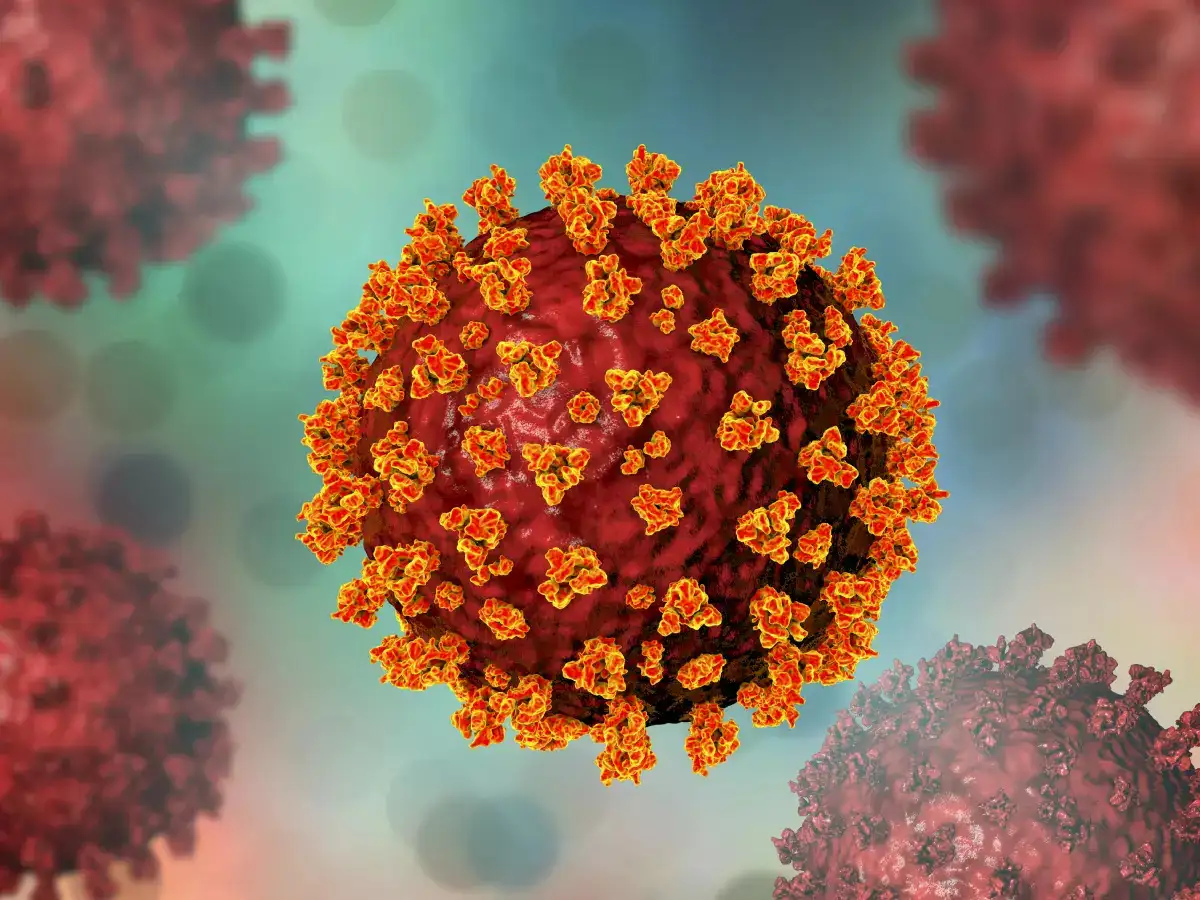Introduction of a New Variant
A new variant of the Covid-19 virus, designated as NB.1.8.1, has recently been identified in France, triggering apprehensions regarding a possible resurgence of infections. The variant was first detected in March and is now classified as a sublineage of the JN.1 variant, which has dominated globally since late 2023.
Current Observations in France
Officials at the Centre national de référence (CNR) in Lyon confirmed that the NB.1.8.1 strain has been reported on four different occasions, with cases emerging in both hospital settings and the wider community. Virologist Bruno Lina from the CNR highlighted that this new variant has also been observed in several other countries, including Germany, Ireland, the Netherlands, Spain, and Sweden. Additionally, data suggests that NB.1.8.1 is gaining traction in countries such as Japan, Taiwan, Thailand, Vietnam, and China, where case numbers have been rising notably.
Potential Impact and Severity
While the emergence of the NB.1.8.1 variant has sparked concern, early indications suggest that it does not lead to more severe illness compared to recent variants. In India, where NB.1.8.1 has been present since late 2023, health officials reported that most cases are mild, requiring no hospitalizations.
However, experts remain vigilant, examining whether this variant exhibits enhanced transmissibility. Recent analyses imply that NB.1.8.1 may enter human cells more rapidly, increasing its potential for spread. Prof. Lina speculated that its characteristics might lead to it becoming the predominant strain in the future.
Global Health Assessment
Despite these developments, the World Health Organization (WHO) has described the global public health risk of JN.1, and by extension its sublineage NB.1.8.1, as low. In an assessment issued in April 2024, the WHO stated that "the available evidence on JN.1 does not suggest additional public health risks relative to other currently circulating Omicron descendant lineages." Furthermore, it noted that existing Covid-19 vaccines are expected to remain effective against this new variant.
Surveillance and Vaccination Efforts in France
The detection of NB.1.8.1 in France underscores the importance of genomic sequencing, a critical tool that enables scientists to monitor emerging variants and track their geographical spread. Presently, approximately 19% of Covid tests conducted in France yield positive results, despite a significant decrease in testing rates; the government has ceased to reimburse most people for these tests.
Health officials have indicated that there is no urgent cause for alarm. They emphasize the necessity to remain alert, particularly for vulnerable populations. To mitigate the spread, a spring vaccination booster campaign launched in April aims to bolster protection among the elderly and at-risk individuals. For enhanced accessibility, all individuals interested in receiving a booster vaccine can schedule appointments. Importantly, individuals are advised against receiving a booster if they have had a Covid vaccine within the last six months, although this interval is shortened to three months for those over 80 or immunocompromised, with no charge associated for these groups.
Conclusion
As countries worldwide continue to grapple with the evolving landscape of Covid-19 variants, the emergence of NB.1.8.1 serves as a reminder of the virus's potential for change and the ongoing need for vigilance in public health responses. The adaptation of vaccination strategies and efficient tracking of variants remain pivotal as we navigate this phase of the pandemic.
Bias Analysis
Key Questions About This Article




